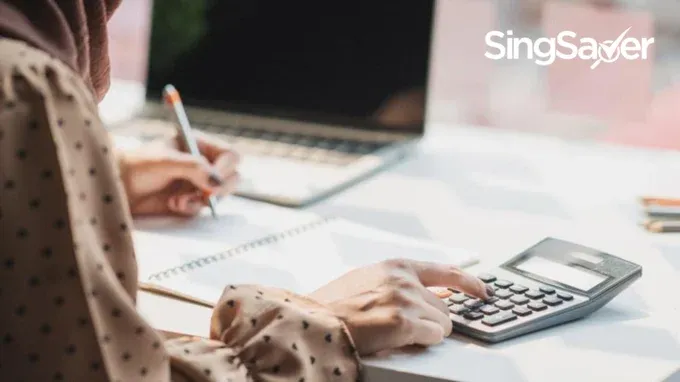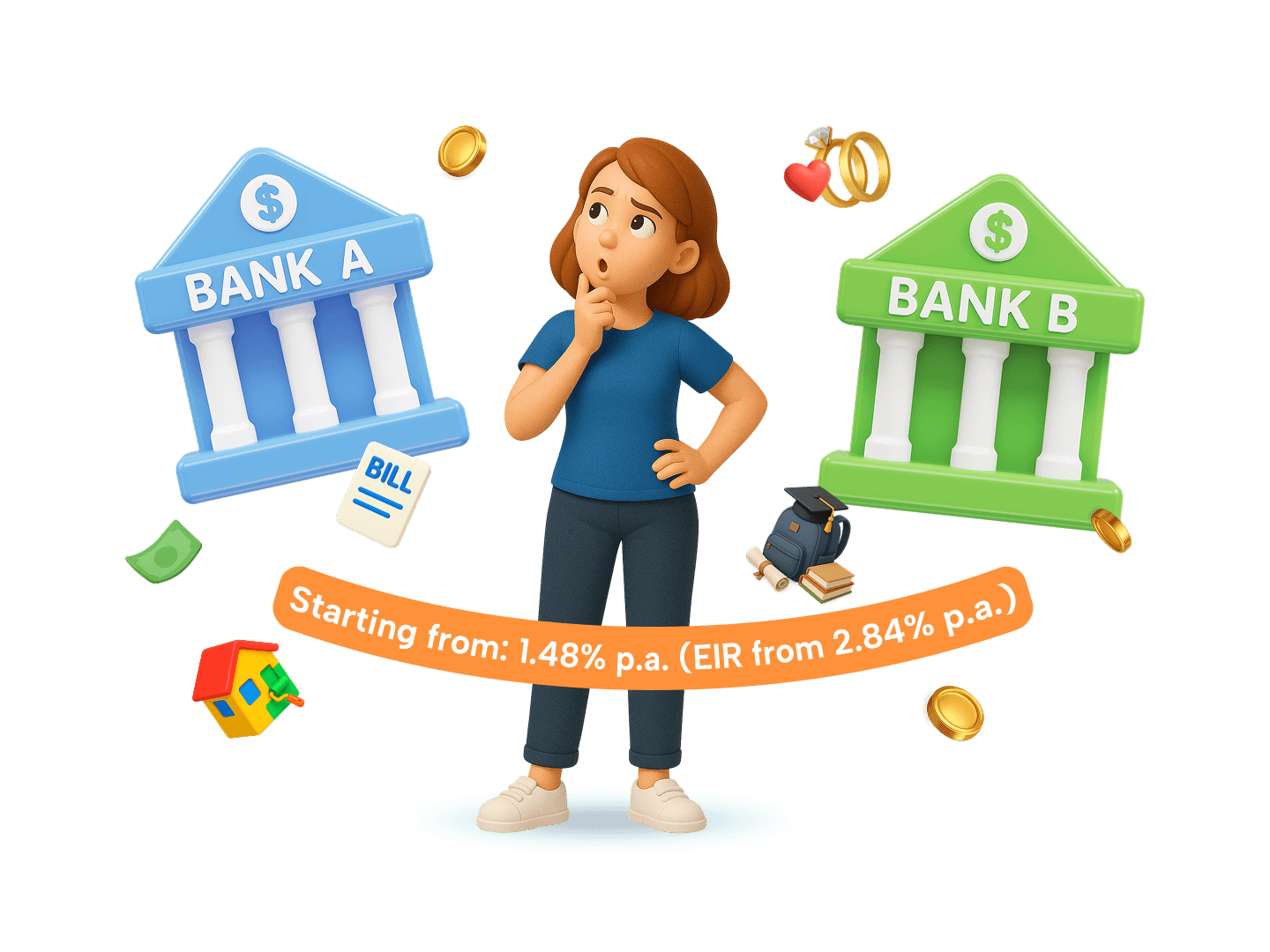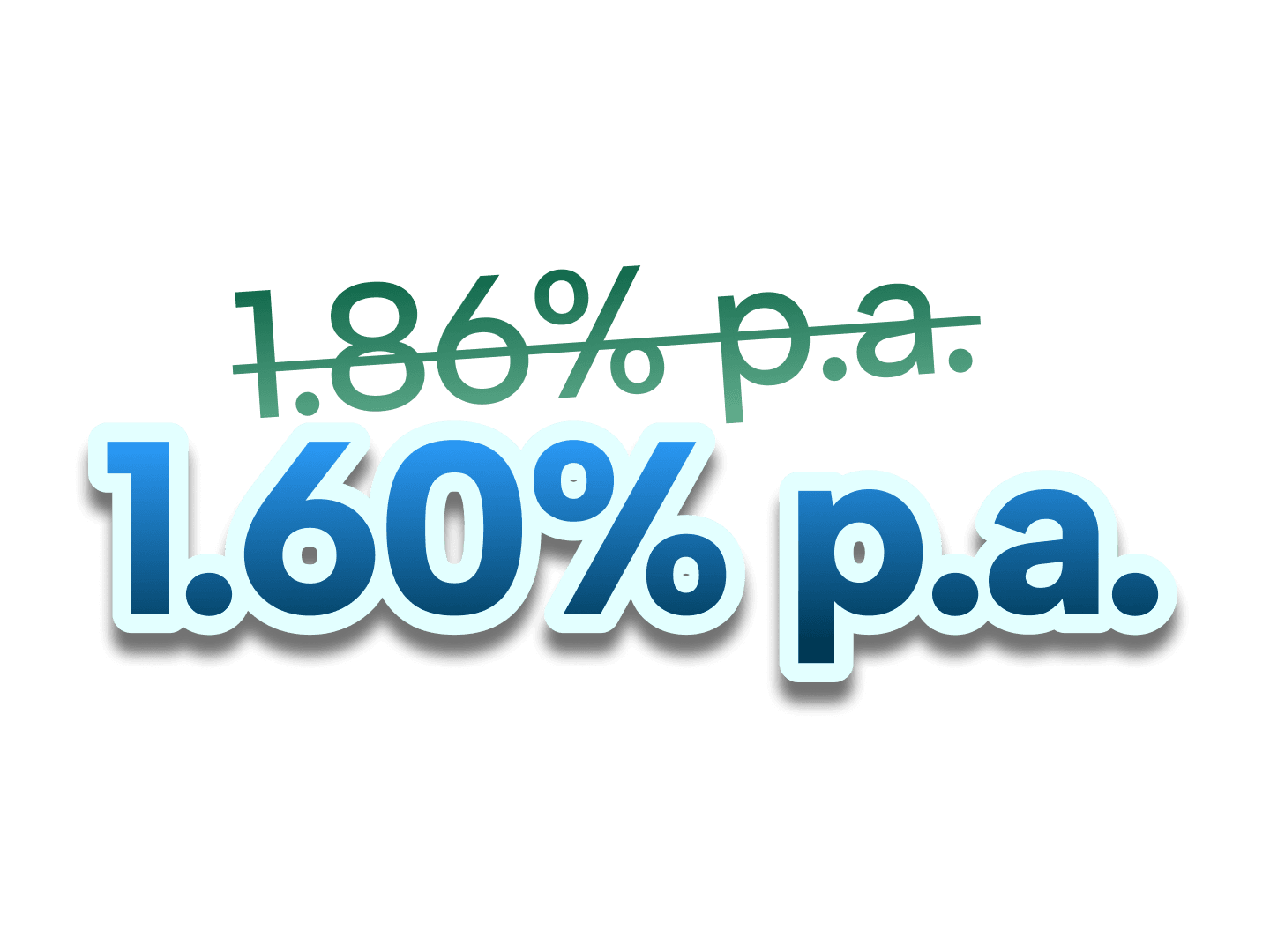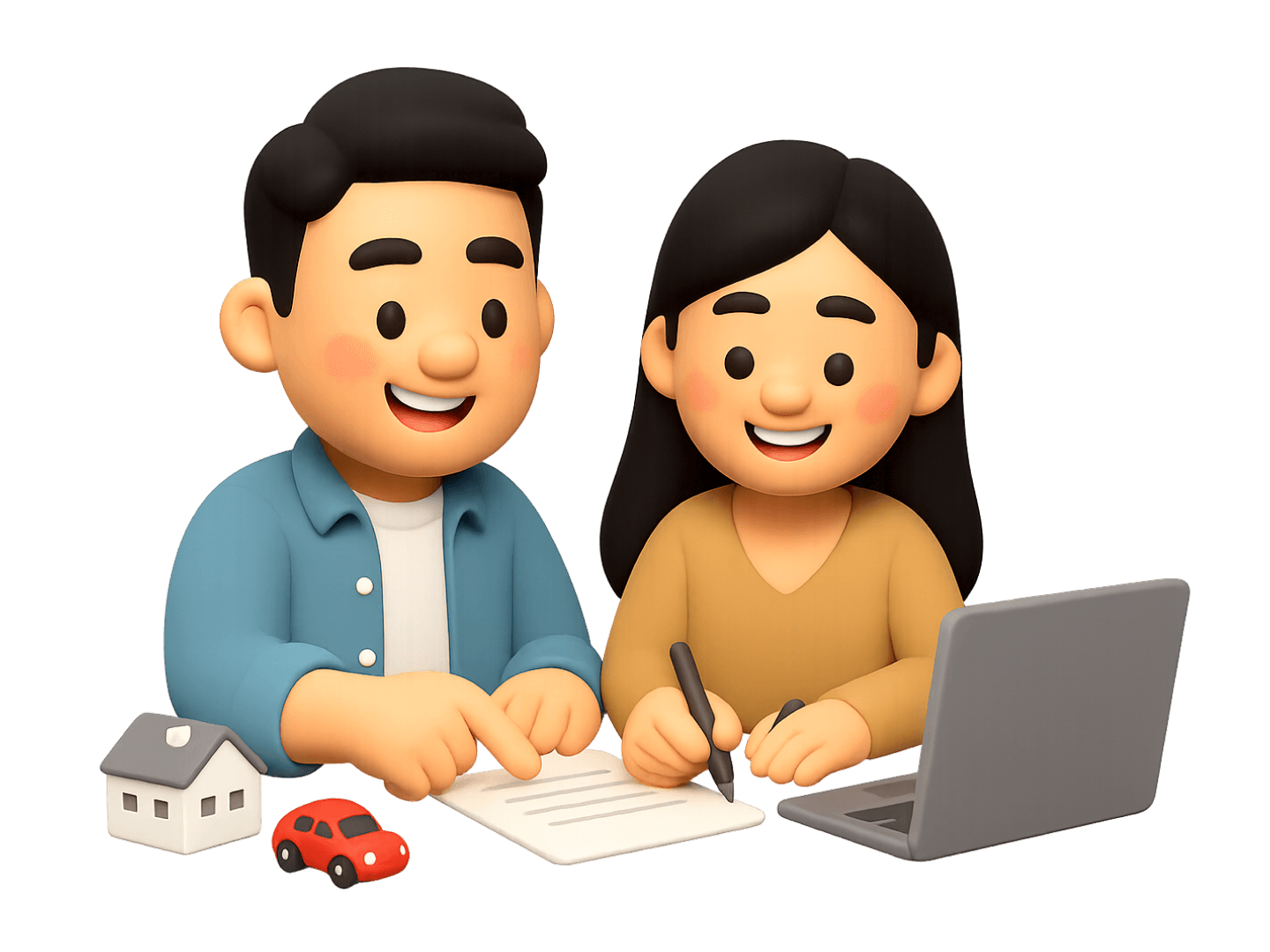Should You Repay Your Personal Loan Early? Is It Worth It?
Updated: 11 Sept 2025
Written bySingSaver Team
Team

The information on this page is for educational and informational purposes only and should not be considered financial or investment advice. While we review and compare financial products to help you find the best options, we do not provide personalised recommendations or investment advisory services. Always do your own research or consult a licensed financial professional before making any financial decisions.
Deciding whether to repay your personal loan early depends on several factors. While it can reduce interest costs, lenders may impose early repayment penalties and fees, making it less financially beneficial. Additionally, paying off a loan early may impact your credit score. In this guide, we’ll explore whether early loan repayment is allowed, the associated fees, the impact on your credit score, and alternative ways to manage your loan effectively.
At a glance:
-
Paying off your personal loan early can help you save on future interest payments, reducing overall borrowing costs.
-
Most lenders allow full loan repayment or partial payments, giving you flexibility in clearing your debt faster.
-
However, some lenders impose early repayment fees or charge up to two months' worth of interest, which may offset potential savings.
SingSaver Personal Loans Cashback Offer
Enjoy interest rates as low as 1.52% p.a. (EIR from 2.92% p.a.) and up to S$1,900 in cashback when you apply for a personal loan via SingSaver. Valid till 16 December 2025. T&Cs apply.
Can I pay off a personal loan early?
Yes, borrowers in Singapore can repay a personal loan early. However, the process and potential costs vary by lender.
So, what happens if you pay off a personal loan early? Most banks and licensed moneylenders in Singapore allow early repayment, but they may require you to pay an early repayment fee. Before making a lump sum repayment, you should check your loan contract for any clauses related to early settlement. You must contact your lender to request a final repayment amount, which includes any outstanding principal, accrued interest, and applicable fees.
Lenders have different approaches to early repayment. Some encourage it by keeping penalties low, while others impose high fees to discourage early loan settlement. Fixed-rate loans often come with stricter penalties compared to flexible loans.
If you have extra funds — such as a year-end bonus — you can use them to clear your loan in full. However, you also don’t have to repay your personal loan all at one go, especially if that will only cause greater financial strain. You simply have to pay more than your monthly instalment each month.
For example, if you owe S$15,000 on a seven-year loan and repay an extra S$100 each month, you could pay off your loan in under five years. This means saving two years' worth of interest, allowing your money to grow elsewhere — such as in investments or retirement savings.
CIMB Personal Loan Welcome Offer
Enjoy low interest rates from 1.60% p.a. (EIR from 3.07% p.a.) when you apply for a CIMB Personal Loan! Valid till 1 January 2026. T&Cs apply.
What are the charges for early repayment of personal loan?
Early repayment typically incurs a fee, which varies by lender. This typically ranges from S$150 to S$250, or a certain percentage of your outstanding balance at the time of complete repayment - whichever is higher.
For example, if your remaining balance is S$10,000 and your lender charges a 2% early repayment fee, you would pay an additional S$200 on top of your final loan amount.
At the end of the day, when you think about the ability to free up your cash flow and start saving early, the early repayment fee is a small price to pay. Before deciding, compare personal loans to find one that best suits your financial situation and repayment preferences.
Why do providers charge early repayment fees?
Lenders charge early repayment fees to compensate for lost interest income, as loans are structured with expected earnings over the full tenure. When a borrower repays early, the lender collects less interest, impacting its profitability. These fees also help cover administrative costs associated with processing loan closures and discourage premature settlements, ensuring a stable cash flow for the lender. While they may seem inconvenient, early repayment fees allow financial institutions to manage their revenue while still offering borrowers the flexibility to settle loans ahead of schedule.
SingSaver x HSBC Personal Loan Exclusive Offer
Enjoy attractive interest rates from 1.83% p.a. (EIR from 3.5% p.a.) plus get up to S$1,100 in Cashback when you apply for HSBC Personal Loan via SingSaver. Available to new and existing customers! Valid till 1 January 2026. T&Cs apply.
Should I pay a personal loan off early?
Before repaying your personal loan early, it’s essential to weigh the benefits and potential downsides. Consider the following factors to determine if early repayment aligns with your financial goals:
-
Interest savings vs. repayment penalties – Assess whether the amount you save on interest outweighs any early repayment fees.
-
Impact on cash flow and emergency savings – Ensure you have enough liquidity for unexpected expenses before committing to early repayment.
-
Alternative options – Refinancing or restructuring your loan may be a better solution, depending on your financial situation.
If you’re thinking about paying off your personal loan early, it’s worth considering whether the savings on interest outweigh any early repayment charges. Start by ensuring you have a solid emergency fund — ideally three to six months’ worth of living expenses — so you’re not left financially vulnerable.
Check your loan terms for prepayment penalties, and if there are any, calculate whether the interest savings justify the cost. Use an online loan calculator or consult your lender to estimate how much you could save by paying off the loan sooner.
Also, take a close look at your budget and other financial priorities to ensure early repayment won’t strain your cash flow or interfere with essential expenses like tuition, weddings, or business investments. If paying off the loan in full isn’t feasible, making extra payments could still help reduce your debt faster without compromising your financial stability.
Will early loan repayment affect my credit score?
Paying off a loan early can have a minor impact on your credit score, since it affects factors like credit mix, account age, and repayment history. Regularly making payments until the loan term ends can help improve your credit score, as it shows you can manage finances and are a responsible borrower.
Closing a loan account reduces your credit diversity, which lenders typically view positively. Additionally, an early loan payoff shortens your credit history, as the account will no longer contribute to your record of on-time payments.
However, the impact is usually small compared to missing a payment. The savings on interest and reduced debt are often more beneficial than any short-term changes to your credit score. If you're planning a big loan soon, maintaining a good repayment record might be more important than paying off the loan early.
How to make additional payments toward your loan
A debt-to-income ratio refers to the measurement of how much of your income is used to pay your debts. A high DTI ratio can hinder your ability to secure new loans or credit lines, such as a mortgage or car loan.
So when you pay off your personal loan early, you reduce your DTI ratio, which not only helps your financial standing but may also make you eligible for better interest rates and loan terms in the future.
Other ways to reduce loan costs
If early repayment isn’t the best option for you, consider these alternative ways to reduce your overall loan costs:
Make extra payments
Instead of paying off your loan in full, consider making additional payments each month. This reduces your principal faster, lowering the total interest paid.
Refinance to a lower-interest loan
If you're unable to pay off your loan in full, refinancing to a loan with a lower interest rate could be a viable solution. Take time to compare personal loans and rates to find a more favourable deal that may reduce your overall borrowing costs.
Explore loan restructuring
If you’re struggling with repayments, some lenders offer restructuring options that may lower your monthly payments or extend your loan tenure to make it more manageable.
>> Calculate and track your monthly loan repayments
Best personal loans in Singapore
>> Read to compare the best personal loans in Singapore
Can I dispute an early repayment fee?
If you encounter issues with a licensed money lender in Singapore, such as unethical practices or violations of loan terms, you can file a formal complaint. Start by gathering evidence, including the loan agreement, communication records, and receipts. Attempt to resolve the issue directly with the lender, and if unsuccessful, escalate the matter by submitting a complaint to the Registry of Moneylenders under the Ministry of Law. The complaint process involves completing a form, attaching evidence, and submitting it online or by mail. Follow up on your complaint and consider seeking legal advice if needed.
About the author
SingSaver Team
At SingSaver, we make personal finance accessible with easy to understand personal finance reads, tools and money hacks that simplify all of life’s financial decisions for you.







